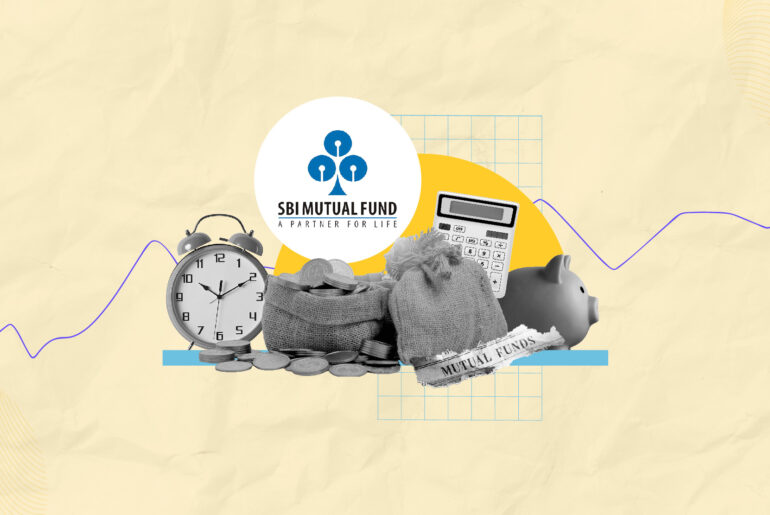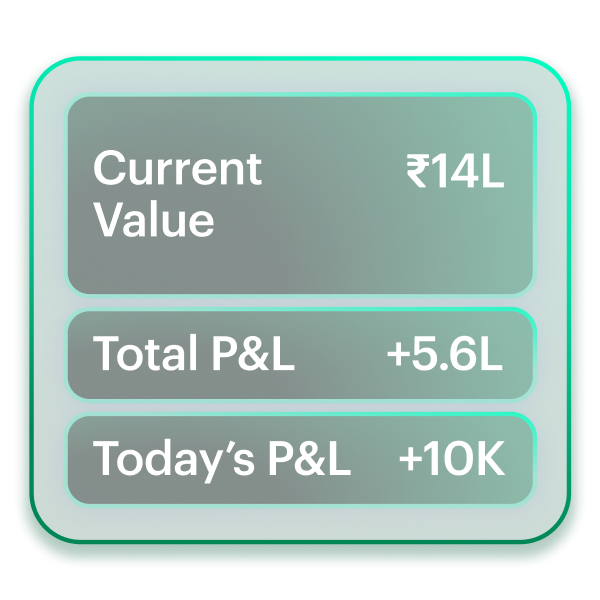Last Updated on May 25, 2022 by Neera Bhardwaj
Since 2020, the Covid-19 epidemic has wreaked havoc on paid workers. It hasn’t been easy on salaried employees. Many taxpayers have lost jobs and are trying to find new ones because of this pandemic. Some have even seen wage cutbacks. It’s only natural for you to have high hopes from the upcoming Union Budget 2022.
On the 1st of February 2022, the much-anticipated Budget 2022 is being presented to the Parliament. Curiosity about it is growing by the day across the country. So, here’s an article that helps you understand a few critical aspects of the Union Budget 2022 from a salaried employee perspective.
Table of Contents
Reduced Income Tax rates
Everyone wants their income tax rates to be lower. That is why, in the past years, one of the most awaited features of the Union Budget is a drop in income tax rates. A lower rate on the direct tax means more disposable income in your hands. This, in turn, helps the economy circulate money and raise demand for products and services.
However, it is primarily relevant for the old tax rates. It’s because the previous tax regime included a broad list of exemptions and deductions such as Leave Travel Allowance (LTA), House Rent Allowance (HRA), Section 80C and 80D, standard deduction, and so on. All of which are not present in the new tax regime.
Currently, people are taxed at the highest rate of 30%. Furthermore, because of the surcharge and education cess, rates might be as high as 42.744%, whereas domestic company tax rates are just 25% (which also includes applicable surcharge and education cess).
Hence, taxpayers would welcome a reduction in the tax rate from 30% to 25%. Especially for people earning more than Rs. 10 lakh (under the current regime) and more than Rs. 15 lakh (under the new regime).
Increased exemption limits and various deductions
Salaried employees like you understand that the cost of living is fast rising. There is a lot to manage in terms of personal expenditure, from medical bills and children’s education fees to rental prices.
Below are the adjustments that could improve the amount of disposable income available to middle-class households and also push them to invest:
- Increase the deduction limit under Section 80C of the Act to Rs. 2.50 lakh from Rs. 1.50 lakh.
- Increase the interest paid on housing loans deduction limit on self-occupied houses from Rs. 2 lakh to Rs. 2.50 lakh.
- Raise the existing standard deduction of 30% to 40% in order to support the property owners who have rented during these challenging times.
- Increase the deduction limit in Section 80D for self and family from Rs. 25,000 to Rs. 50,000. And for senior citizens, from Rs. 50,000 to Rs. 75,000 in order to boost participation in medical schemes.
- Extend section 80TTA relief to post office schemes, FD bank interest, and similar schemes for the general category. Additionally, raising the threshold from Rs. 10,000 to Rs. 50,000.
- Reduce 15% of pay to all employees to bring equity in the deductions permitted between employees employed by the Central Government and other employers.
Allocated Work From Home allowance
In the upcoming Budget 2022, many are hoping that the government will introduce an additional deduction in the form of a “Work From Home” (WFH) allowance and keep it tax-free. As you’re aware, because of the pandemic-induced circumstances for over two years, many employees have been working from home across different businesses and sectors.
With many organisations opting for a hybrid working model or even announcing indefinite WFH, this allowance would come in handy for employees paying expenses like power, furniture, internet, and so on. Employees would be relieved if the tax authorities granted an additional deduction for WFH allowance of Rs. 50,000.
Defined taxability of interest on PF contributions
A provision was included in Budget 2021 to declare the interest on an employee’s yearly contributions to Provident Fund (PF) surpassing Rs. 2.5 lakh as taxable. Now, the request is that the government increase the limit of Rs. 2.5 lakh to Rs. 5 lakh.
Furthermore, a clarifying provision is needed to determine whether interest in employee PF contributions is taxed at the accrual or withdrawal stages. This, at the moment, is unclear.
Extended deadline for filing revised tax returns
Previously, the deadline for filing updated returns was 12 mth from the end of the Indian fiscal year. But this is now reduced by three months. For example, the due date to file revised India tax returns of FY 2021-2022 would now be 31 December 2022, which was formerly 31 March 2023.
Some of you may claim credit for taxes paid in abroad countries based on your overseas tax returns. However, if you’re not aware of this, please note that you would not be able to get calendar year overseas tax returns for the year 2022. This will complicate calculating and claiming credit for taxes paid overseas for 2022.
Therefore, the due date for filing the revised income tax return should be extended back to 12 months from the end of the Indian fiscal year.
Conclusion
The Budget 2022 will be presented by the finance minister Nirmala Sitharaman on the 1st of February 2022. You could be one of those who expect these changes to be implemented in Budget 2022 and hope for favourable news on the income tax front. And if these suggestions are put into action, it’s bound to bring some relief to the taxpayers.
- Top Fund of Funds (FOF) in India – Full Form, Types & More - Mar 28, 2025
- Bond Funds – Meaning, Types, Risks, and Benefits - Mar 27, 2025
- Money Market Mutual Funds: Meaning, Benefits, Liquidity and Taxation - Mar 13, 2025




